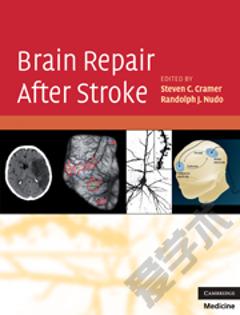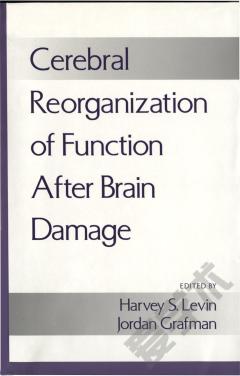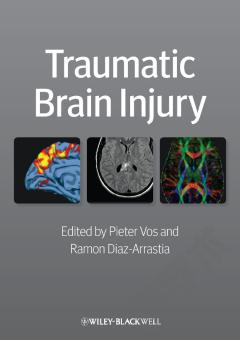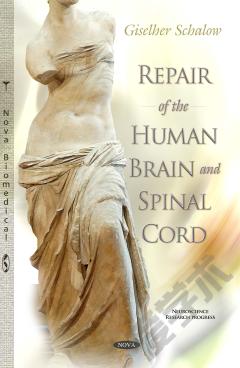Brain Repair After Stroke
Increasing evidence identifies the possibility of restoring function to the damaged brain via exogenous therapies. One major target for these advances is stroke, where most patients can be left with significant disability. Treatments have the potential to improve the victim's quality of life significantly and reduce the time and expense of rehabilitation. Brain Repair After Stroke reviews the biology of spontaneous brain repair after stroke in animal models and in humans. Detailed chapters cover the many forms of therapy being explored to promote brain repair and consider clinical trial issues in this context. This book provides a summary of the neurobiology of innate and treatment-induced repair mechanisms after hypoxia and reviews the state of the art for human therapeutics in relation to promoting behavioral recovery after stroke. Essential reading for stroke physicians, neurologists, rehabilitation physicians and neuropsychologists.
{{comment.content}}








 京公网安备 11010802027623号
京公网安备 11010802027623号